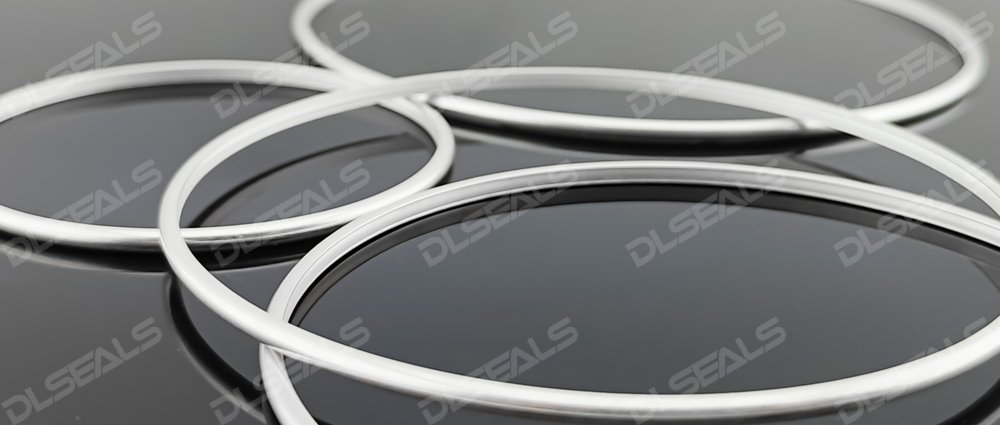Metal seals play a crucial role in the advancement of aerospace technology, serving as indispensable components in various aerospace applications. From ensuring air-tight compartments to withstanding extreme temperatures and pressures, metal seals contribute significantly to the safety, reliability, and performance of aerospace systems.
Ensuring Air-Tight Sealing:
One of the primary functions of metal seals in aerospace technology is to ensure air-tight sealing in critical components such as aircraft engines, fuel systems, and hydraulic systems. Metal seals are designed to withstand high-pressure environments and maintain their integrity even under extreme conditions, preventing the leakage of fluids or gases that could compromise the safety and functionality of aerospace systems.
withstanding Extreme Conditions:
Aerospace systems operate in environments characterized by extreme temperatures, pressures, and vibrations. Metal seals are engineered to withstand these harsh conditions, maintaining their sealing properties and mechanical integrity over a wide range of operating conditions. Whether it’s enduring the intense heat of atmospheric re-entry or the frigid temperatures of outer space, metal seals provide the reliability and durability needed for aerospace missions.
Enhancing Performance and Reliability:
Metal seals contribute to the overall performance and reliability of aerospace systems by minimizing the risk of system failures and malfunctions. By providing a secure barrier against external elements and maintaining consistent sealing properties over time, metal seals help ensure the safe and efficient operation of critical aerospace components. Whether in commercial aircraft, military jets, or space exploration vehicles, the role of metal seals in enhancing performance and reliability cannot be overstated.
Driving Innovation and Advancement:
As aerospace technology continues to evolve, so too do the demands placed on metal seals. Engineers and manufacturers are constantly innovating to develop new materials, designs, and manufacturing techniques that push the boundaries of what is possible in aerospace sealing technology. From lightweight alloys to advanced coating technologies, these innovations are driving advancements in aerospace systems, enabling safer, more efficient, and more capable aircraft and spacecraft.
Conclusion:
In conclusion, metal seals play a vital role in aerospace technology, serving as essential components in critical systems and applications. From ensuring air-tight sealing to withstanding extreme conditions and enhancing performance and reliability, metal seals contribute significantly to the safety, efficiency, and advancement of aerospace systems. As aerospace technology continues to evolve, the importance of metal seals in enabling next-generation aircraft and spacecraft cannot be overstated.
Post time: Apr-23-2024

